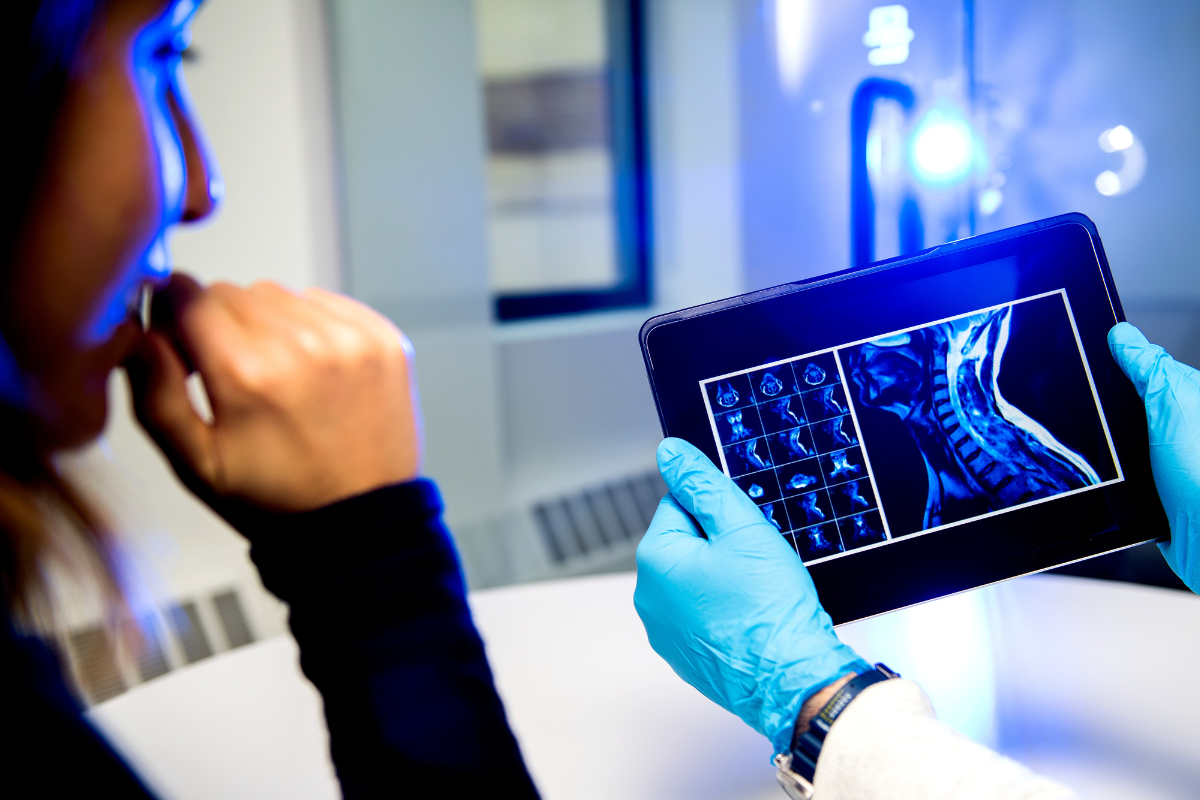Advancing Healthcare with a Regulatory Affairs Career

The hard work of regulatory affairs professionals is all around us. Medical devices, from adhesive bandages and contact lenses to more complex units such as cancer screening tests and pregnancy test kits, are all regulated. Biopharmaceuticals, such as vaccines and complex medicines made from living cells, must also meet regulations and compliance guidelines to ensure they are safe for human use. These are just two examples of areas in which regulations take place.
Professionals in this industry navigate a constantly evolving landscape to bring highly regulated products to the market. Their careers involve overseeing product development, testing, manufacturing, marketing, and distribution. Success in the field starts with in-depth education. Northeastern University in Toronto is the only post-secondary institution in Canada to offer a Master of Science degree in regulatory affairs. The program is the only graduate degree in Canada with a comprehensive curriculum focusing on all aspects of the biomedical product lifecycle, from premarket to postmarket regulatory requirements.
Here’s what you need to know about launching a career that helps supply society with cutting-edge healthcare products.
Canada’s Global Approach
Did you know Health Canada takes a harmonized approach to working with other global regulators? The country is a founding member of the International Medical Device Regulators Forum (IMDRF). A voluntary group of medical device regulators from around the world, IMDRF aims to accelerate international medical device regulatory harmonization to promote an efficient and effective model for medical devices responsive to emerging challenges while protecting and maximizing public health and safety.
Health Canada is also an official member of the International Council for Harmonisation of Technical Requirements for Pharmaceuticals for Human Use (ICH). Established in 2015, the global initiative works to achieve greater global harmonization to ensure that safe, effective, and high-quality medicines are developed, registered, and maintained in the most resource-efficient manner while meeting high standards.
For example, ICH’s commitment to harmonization helps prevent unnecessary duplication of clinical trials and post-market clinical evaluations, develop and manufacture new medicines, and reduce unnecessary animal testing. As a member of the ICH, Health Canada implements all of the group’s guidelines and standards.
Launching a Regulatory Affairs Career
With constant advancements, industry professionals must have a solid foundation to handle updates, changes, and new regulations.
For example, in recent years, Health Canada has increased its post-market oversight of drugs and medical devices through amendments in the Food and Drugs Act and the corresponding regulations. The agency has also addressed innovations in medical technologies, such as artificial intelligence-enabled medical devices, and global health challenges, such as COVID-19.
Northeastern University in Toronto understands the increasingly complex and ever-changing industry. Its MS in Regulatory Affairs program focuses on developing and commercializing drugs, biologics, and medical device products while guiding students on the evolving global frameworks and industry trends.
Students can choose from five unique concentrations:
- Biopharmaceutical
- Clinical Research
- Medical Device
- Non-clinical
- Quality Assurance
Hands-on experience through in-the-field research, capstone projects, co-op opportunities, or an integrative learning experience rounds out this Master’s degree.
The Roles of Regulatory Affairs Professionals
The profession centres around ensuring manufacturers’ compliance with applicable global and domestic legislative and regulatory requirements at each product lifecycle stage. Because this field spans a range of disciplines, regulatory affairs professionals’ scope of work varies.
Northeastern University in Toronto graduates seek opportunities in pharmaceuticals, medical devices, clinical research, quality assurance, and compliance. For example, those employed in drug, medical device, and biological product industries may work in research and development, clinical trials, regulatory submissions, manufacturing, marketing, distribution, reimbursement, and post-market surveillance.
This dynamic career, with its technical and business sides, puts you at the forefront of medical innovations that improve people’s health and welfare.
By Izabela Shubair
Sources:
https://graduate.northeastern.edu/resources/working-in-regulatory-affairs-careers-and-trends/
https://www.ich.org/page/history
https://admin.ich.org/sites/default/files/2024-06/OverviewOfICH_2024_0617.pdf




